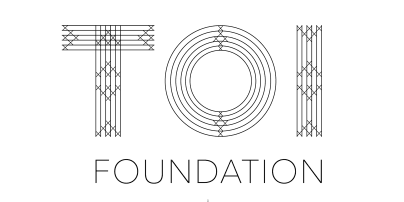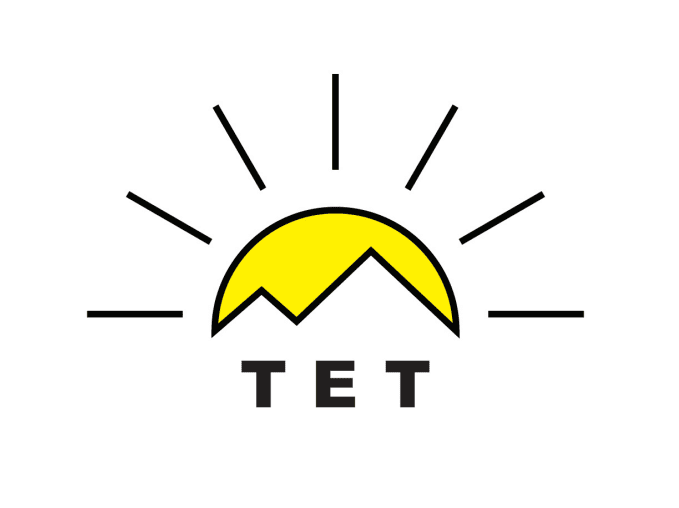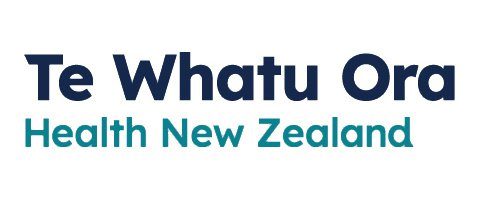Healthy Homes Taranaki
Home / Healthy Home Initiative / Healthy Homes Taranaki
Is your child/tamariki OR baby/pēpi constantly getting sick?
Cold, damp, and mouldy homes can increase the risk of respiratory issues and a number of other health conditions such as rheumatic fever, and skin infections.
You might be eligible for FREE Healthy Homes Services. You could get a free home visit from us and we can help make your home healthier for you and your family (this may include items such as double layered curtains, heating devices, mould kits, blankets and draught stoppers) ALL FOR FREE.
Eligibility Criteria
You or at least one household member is a NZ citizen or permanent resident
A parent/caregiver is eligible for a Community Services Card
Live in Taranaki
and also fit one of the listed criteria
A
- Bronchitis
- Pneumonia
- Bronchiectasis
- Tuberculosis
- Asthma
- Meningitis
- GAS Sepsis
- Post Strep GN
- Skin Infesctions
- Lower Respiratory Tract Infection
- Meningococcal Disease
- Acute Rheumatic Fever
B
- Oranga Tamariki finding of abuse or neglect
- Caregiver with a corrections history
- Mother with no formal qualifications
- Long-term benefit receipt
C
- Pregnant people/women and families with babies up to 12 months old.
D
- 0-19 years with 3 or ore household episodes of Group A Streptococcus pharyngitis OR a member of the household with Rheumatic Fever and receives Prophylactic medication OR ages 0-19 years with Rheumatic Fever.
Unsure if you are eligible?
Find out more information
Resources
Supported by
The WISE Healthy Homes Team services the whole Taranaki Region.
Whānau can apply by being referred to us by a hospital, general practice, midwife, supplier (such as plunket), or they can refer themselves by getting in touch directly. Whānau can also refer other whānau.
No. If your Whānau falls into the eligibility criteria the assessment and visits are free along the remediation items.
FAQ'S
Not sure if you are eligible or have a few more questions about the process? View some of our frequently asked questions and see if your question is answered.
If not, feel free to contact us or apply online.


